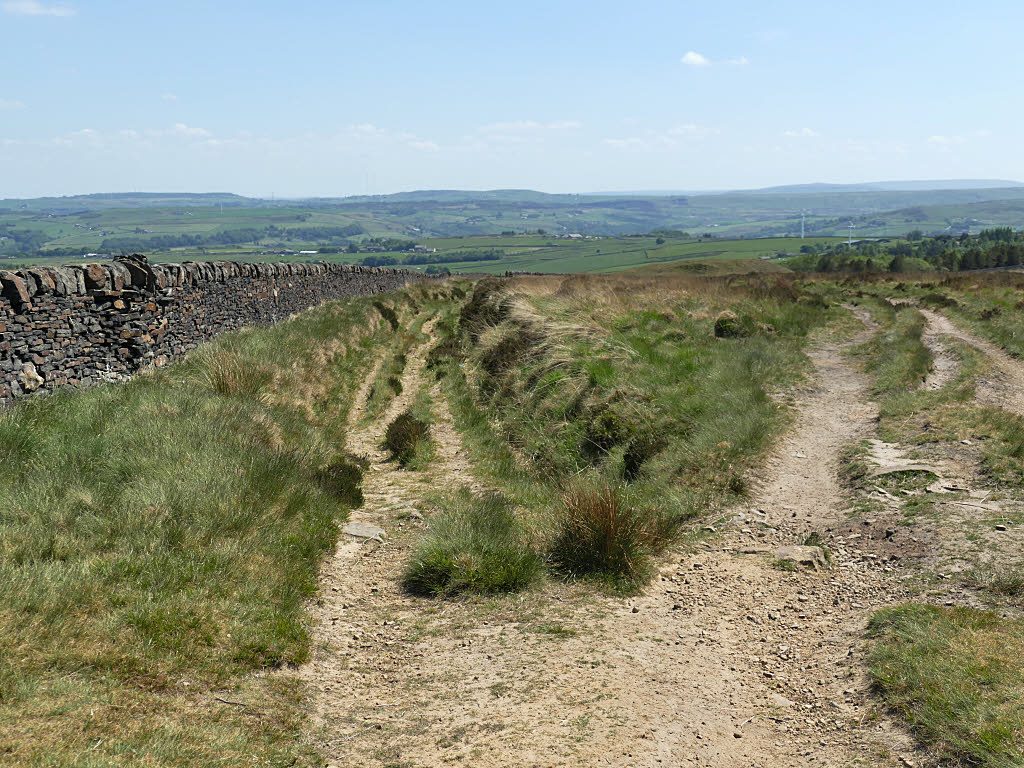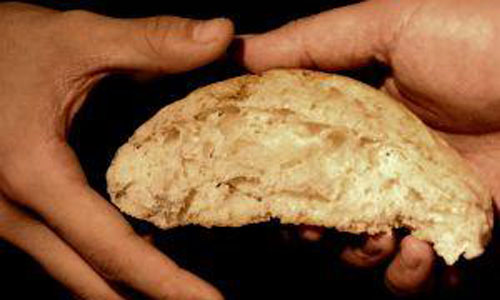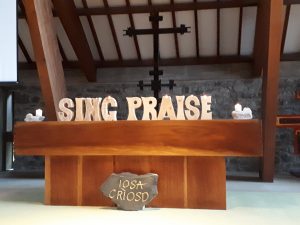Thanks to John for spotting that hymn 23 in Sing Praise, ‘In the night, the sound of crying ‘ by Martin Leckebusch, is the most appropriate for 28th December, Holy Innocents day.
This is the bit of the Christmas story that rarely features in nativity plays or carol services: when Herod, maybe a year or more after Jesus was born, receives the magi and reacts to the news of an infant king by slaughtering all the young boys in Bethlehem in the hope that Jesus was among them.
He wasn’t, of course, as God had given Joseph warning in a dream and they escaped in time. But as Martin recognises, this cannot have been easy for Mary, forced to get on the donkey and relocate for the second time, now with fears for the safety of her child: ‘Mary journeys on with tears, further from the home she treasures, onward to uncertain years’.
In this fragile family of refugees from Judah to Egypt we can see the situation of millions of others around the world today. The sound of their crying should reach our ears and through our prayers the ears of God.
The third and fourth verses of the hymn refer to the cries of the murdered boys and grieving parents. This is what makes the story so disturbing: why did God not save them by deposing Herod before he could do this? It’s the old question of theodicy, which I won’t venture into now. But the last verse does remind us that through his own innocent death and resurrection, Christ has conquered and will come to reign with the justice for which we cry.
Two tunes are offered, the well known ‘Sussex’ and one called ‘Amplitudo’ which may have been composed for this hymn. Certainly it’s minor key seems more appropriate to the plaintive words, and a resolution to the major for the last phrase ‘comes to reign’.




